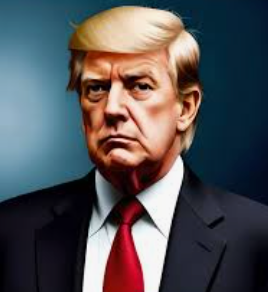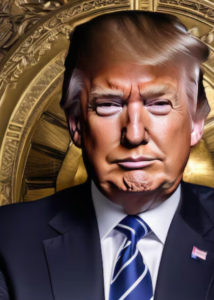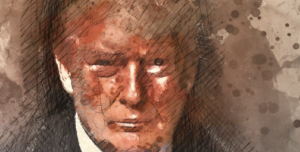$TM $HMC $7203
#AutoIndustry #Tariffs #TradeWars #TrumpAdministration #EconomicPolicy #GlobalTrade #StockMarket #Automotive #ImportDuties #USChinaTrade #MarketReaction #Investing
The announcement by U.S. President Donald Trump of a 25% tariff on car imports has sent shockwaves through the global automotive industry, with particular emphasis on Asia’s leading automakers. Shares of major companies such as Toyota, Honda, and other prominent Asian car manufacturers experienced a significant downturn following the unexpected news. This move is part of Trump’s broader agenda to encourage domestic manufacturing and reduce the trade deficit by imposing stringent measures on imports, especially from countries he believes are unfairly benefiting at the expense of American jobs and industry.
Asian automakers, which have long enjoyed a substantial market share in the United States, are now facing immense pressure. The tariffs threaten to disrupt the established supply chains, increase manufacturing costs, and ultimately lead to higher prices for American consumers. Analysts are concerned that this could lead to a decrease in sales volumes in the U.S., which is a critical market for Asian carmakers. There’s also an underlying fear of retaliatory measures from affected countries, which could escalate into a full-blown trade war, further destabilizing the global economy.
The automotive sector, known for its intricate global supply network, has become the latest battleground in the Trump administration’s trade policy. Economists warn that the tariffs could have a cascading effect, not just on the automotive sector but across the broader economy. Suppliers and related industries could face job losses, and the increased cost of vehicles could dampen consumer spending, a critical driver of economic growth. The policy has also sparked a debate on its likely effectiveness in reviving American auto manufacturing, as the industry has increasingly moved towards globalization over the past decades.
Market observers and investors are closely monitoring the situation, as the full implications of the tariffs are yet to unfold. There is a palpable sense of uncertainty, with many wondering whether this move will lead to a negotiation table or trigger a tit-for-tat escalation. In the meantime, the shares of Asian automakers will likely remain under pressure as they navigate through the challenges of this new trade barrier. The broader implications for global trade, economic growth, and relations between the U.S. and its trading partners are yet to be fully understood, signaling turbulent times ahead for the international economic landscape.











Comments are closed.